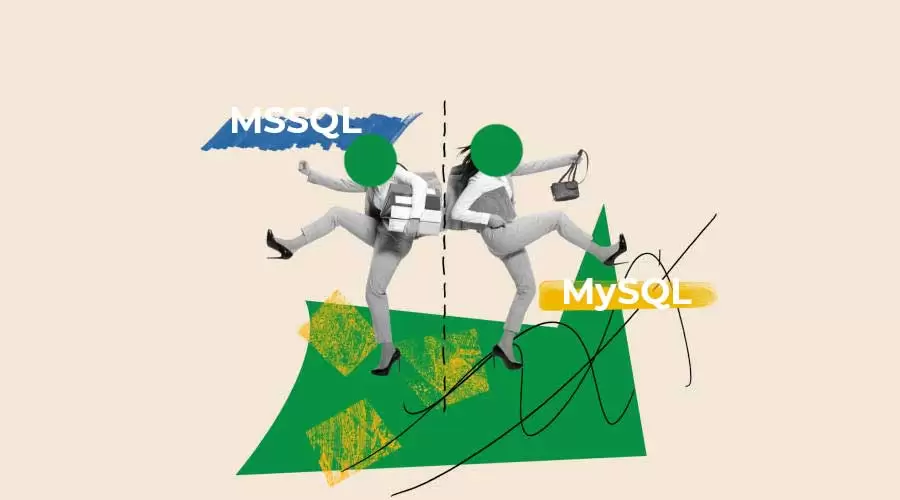
MSSQL and MySQL are two of the most popular relational database management systems in the world
Nowadays, even when businesses are selling comparable products, rivalry between them is fairly widespread. In a market where there is competition, a company’s profitability is influenced by its ability to offer the finest services and goods and to attract the largest possible customer base for those items. The decision between MySQL and MSSQL Server is one that is somewhat difficult in the area of database management.
1. Platform Support: As previously established, MySQL is cross-platform compatible with a variety of operating systems, including Microsoft Windows, Linux, Mac OS, OpenBSD, HP-UX, AIX, IBM I, OpenSolaris, Symbian, Oracle Solaris, FreeBSD, ArcaOS, IRIX, and others. Nearly all common OSes support it.
2. Programming Language Support: Almost all programming languages offered by SQL Server are also supported by MySQL. Moreover, it supports extra languages like TCL, Perl Scheme, and Haskel. It is incredibly well-liked by developers because of this functionality.
3. Features: MySQL is compatible with various storage engines. Moreover, it permits the use of a plug-in storage engine. In MySQL, there are various ways to filter out rows, tables, and users. Nevertheless, it only allows for filtering on specific databases. Because of this, developers must run several queries to individually filter each table in the database.
4. Scalability: Because it can be used for both small- and large-scale applications, SQL Server has a high degree of scalability. While providing effective performance and quick speed, it can handle millions of transactions every day.
5. Performance: SQL Server performs more quickly and effectively on Linux and Windows. It enables you to update and modernize your database whether it’s on-premises, in the cloud, or at the edge. The risk of application incompatibility is reduced by their database compatibility certification.
6. Query Language & Syntax: The “SQL” language is used by both MySQL and SQL Server to query the database. It can be challenging to comprehend MySQL syntax. You can use it to manage, store, alter, and delete data in tabular format. A query language in and of itself, SQL has a straightforward, user-friendly syntax. It facilitates database system operation and querying.
7. Connectors & Integration Support: You can create databases by using the integrated “MySQL workbench” tool that is included with MySQL. Moreover, MySQL provides a variety of APIs and connectors to connect your programs written in different programming languages to MySQL servers. For C++, Java, Python, JavaScript, C#, PHP, and other languages, it provides connectors.
8. Product Support & Documentation: Dual licensing is offered by MySQL. It is open-source, free software that is licensed under both the GPLv2 and numerous other proprietary licenses. You must pay extra fees in order to receive assistance.
9. Security Features: Built-in security capabilities for data protection, data classification, monitoring, and warnings are included in SQL Server. In the event that it detects strange activity, it can monitor, identify, and issue notifications. SQL Server can also find misconfigurations and security holes and close them.
10. Pricing Models: There are several editions of SQL Server, including Standard/Basic, Enterprise, Web, BI, Express, Developer, and so forth.